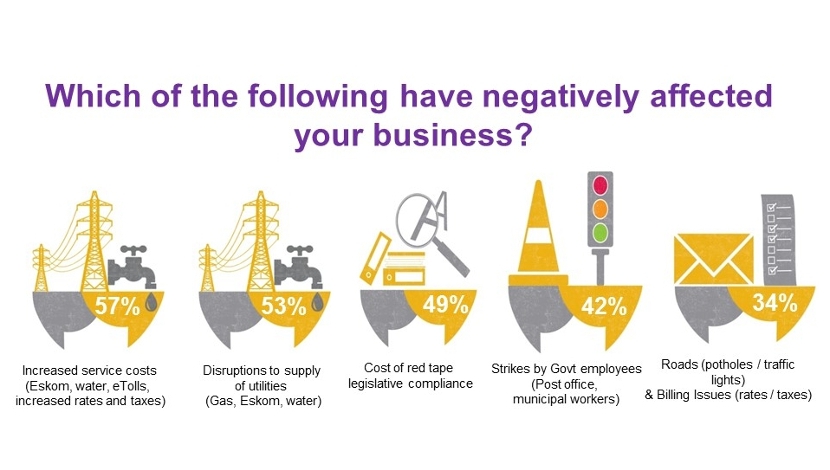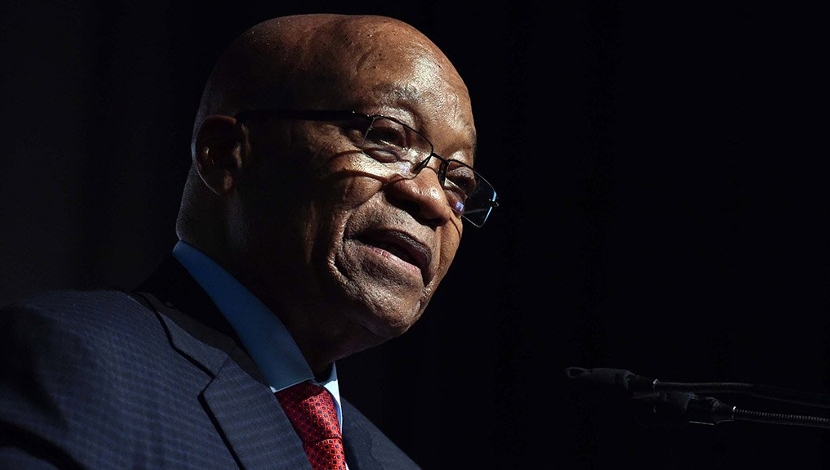

South Africa’s political turbulence has prompted 28% of surveyed local business executives to give the nation’s economy a pessimistic outlook for the year ahead, according to advisory firm Grant Thornton’s second-quarter International Business Report (IBR).
“At the end of March, South Africa experienced several political upsets, with President Jacob Zuma’s changing the leadership at ten important government institutions, including the sacking of Pravin Gordhan as Finance Minister,” noted Grant Thornton advisoryservices head Gillian Saunders, presenting the report’s findings on Thursday.
The Cabinet reshuffle was soon followed by subsequent ratings downgrades.
Linked to the pessimistic outlook recorded for the second quarter of 2017, the IBR indicates that over two-thirds (67%) of South African business executives’ operations and business decisions were impacted by a turbulent economy and uncertainty in the last six months about the country’s future.
During the first quarter of 2017, this figure was only 58%.
When asked to outline the ways in which economic uncertainty affects their business decisions, 37% of the IBR’s respondents said they were delaying business expansion plans, while 32% were putting off investment decisions, 26% were considering investing offshore, and 17% were weighing up decisions to sell their business.
She highlighted the impact of political instability and economic turbulence on general businessoperations as “concerning”. Even in the first quarter, any positivity was misplaced after quarterly GDP figures released in June showed a decline of -0.7% in the first quarter, putting South Africa in a technical recession.
According to Grant Thornton’s IBR data, the top three constraints to business growth for South African executives are economic uncertainty, exchange rate fluctuation, and over-regulation and red tape.





